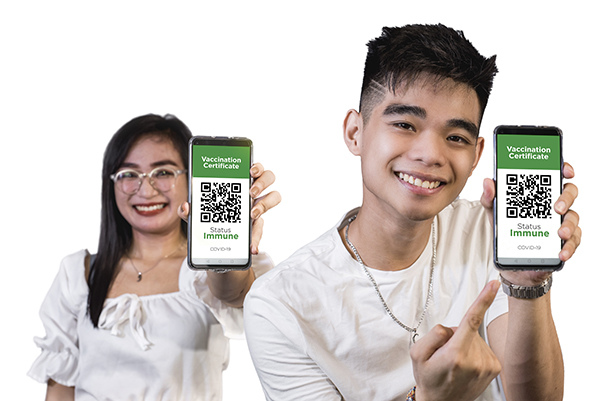With the Delta variant of Covid-19 looming on the horizon, Dutch pediatricians announced in late June that teenagers aged 12 to 17 should also be vaccinated. Until then, pediatricians did not believe teenagers were at high risk of contracting corona. However, after corona restrictions were released on 26 June and cafes, nightclubs and discos opened their doors again, the number of daily corona cases has skyrocketed, with more than 10,000 every day. Most of them are among young people, who either have just recently been vaccinated or are still waiting for their first shot.
Dutch medical authorities believe vaccinating teenagers would halt the spread of the virus. Moreover, with the summer vacation starting in mid-July, the latest statistics indicate that if teenagers are not vaccinated, the number of corona cases will sharply rise again in August, after people return from their summer vacation, and kids go back to school. Dutch pediatricians advocate vaccinating teenagers is in their best interest, not only health wise, but also for their psychological and educational development. They argue that if teenagers do not get vaccinated, there is always the risk of a lockdown in the autumn, which would entail the closing of schools and being taught through online classes.
The Dutch minister of Health, Hugo de Jonge, recommended together with the Dutch National Institute for Health and Environment (RIVM) to vaccinate teenagers, in hope that it would reduce the number of corona cases in the autumn by 15 to 20 percent. The Delta variant, previously known as the Indian strain, is a more contagious mutation of the virus, and spreads 30 to 60 percent faster than the Alpha variant or the British strain. Currently, in large urban areas like Amsterdam, almost half of the new cases are Delta. According to the RIVM it is only a matter of days before it will be the main version of corona.
Besides the fact that vaccinating teenagers would be beneficial to everyone in the Netherlands and halt the spread of the Delta strain, there are ethical aspects that need to be taken under consideration. In comparison to adults and people with a comprised health, such as asthma and diabetes, teenagers rarely experience the full-blown physical effects or might only experience mild symptoms. Furthermore, long-term Covid symptoms and deaths are far less common in teenagers than in adults. However, there are always exceptions: according to Emmeline Buddingh, pediatric immunologist at the Leiden University Medical Center (LUMC), who is coordinating a study into the effects of the pandemic on children, about 500 children with corona have ended up in the hospital in the Netherlands, especially children with underlying health conditions.
Therefore, vaccinating teenagers is a good way for young people to protect themselves, as well as their older relatives. According to the European Medicines Agency (EMA), the Pfizer vaccine is safe for children ages 12 and older. Until now, in the Netherlands had only allowed children with compromised health, aged 12 and older, take the Pfizer vaccine. Now, all children aged 12 and over can make an appointment.
Of course, all vaccinations carry some small risks, also for young people. In late June, the US Food & Drugs Administration (FDA) announced that Pfizer and Moderna can have side effects on teenagers, including an inflammation of the heart muscle leading to shortness of breath (one in 15,000), which mainly affects boys between 12 and 18 years old. Having said that, the side effects are not extremely dangerous, and the shortness of breath usually disappears by itself or with an anti-inflammatory treatment.
An ethical challenge for this age group is whether teenagers should, and can, make the decision to get vaccinated by themselves. According to the RIVM, parents cannot force their teenagers to get vaccinated. Teenagers 16 years and older are deemed mentally competent enough to make the decision and therefore do not need their parents’ permission. For the age group 12 to 15, parents’ permission is required. But in the end, the choice is ultimately up to the teenagers, who, like the millions of adults in the Netherlands, now have to make the choice whether or not to take the vaccine. Welcome to adulthood!
Written by Benjamin B. Roberts
